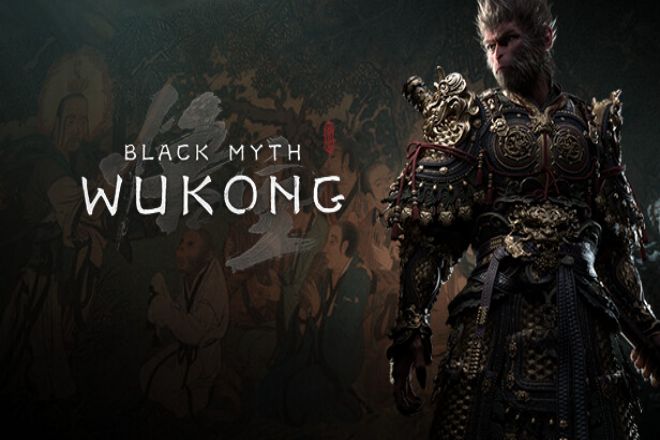
DreamWorld Set to Launch AI-Driven Text-to-3D Asset Playtest on Steam
Gaming
Zaker Adham
04 October 2024
09 September 2024
|
Paikan Begzad
Summary
Summary
A highly anticipated Chinese video game, "Black Myth: Wukong", has taken the gaming world by storm, but its success has also brought attention to deeper issues within China's gaming industry—specifically, allegations of sexism and misogyny.

While many gamers are celebrating the action-adventure game as a significant achievement for China’s gaming sector, others have voiced concerns over the conduct of the game’s developer, Game Science, based in Shenzhen. Allegations against the company include the posting of inappropriate and offensive messages online, which have sparked widespread backlash.
Screenshots of these messages have surfaced on Chinese social media platforms like Weibo, gaining significant traction. One of the more controversial posts allegedly came from Feng Ji, the founder of Game Science, using a metaphor referencing oral sex to describe the positive reception to the game's promotional video. Other complaints have centered around the company’s lewd recruiting materials, which critics say further highlight the rampant sexism in the industry.
Although the authenticity of these posts has not been independently verified, many Chinese gamers report having seen the content firsthand. So far, Game Science has remained silent, declining to comment on the allegations.

The controversy has sparked outrage, particularly among women working in China’s gaming industry. Many have shared their experiences of facing misogynistic attitudes and discriminatory behavior, adding that this issue has been present in gaming culture for years.
The success of "Black Myth: Wukong," while a bright spot for China’s growing gaming industry, now comes with the challenge of addressing systemic issues related to gender discrimination. As more voices call for change, it remains to be seen how Game Science and other industry players will respond.

Gaming
Zaker Adham
04 October 2024

Gaming
Zaker Adham
29 September 2024

Gaming
Zaker Adham
27 September 2024

Gaming
Zaker Adham
27 September 2024